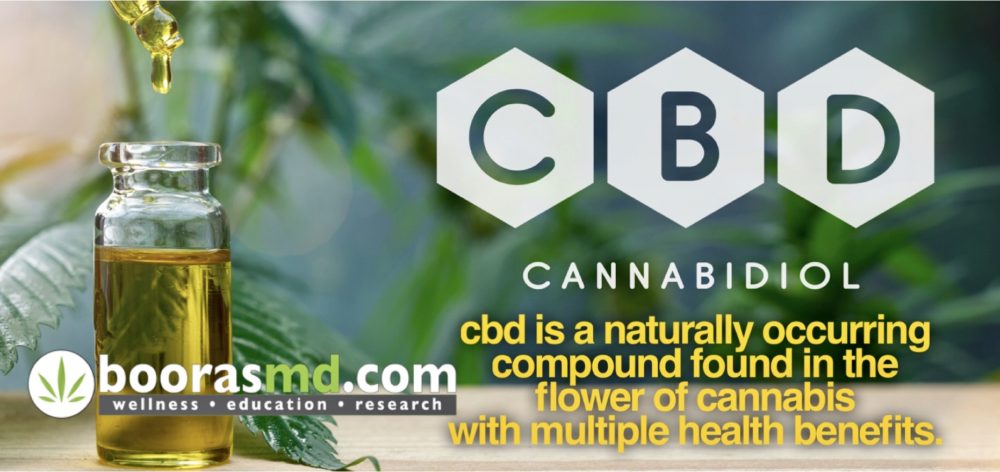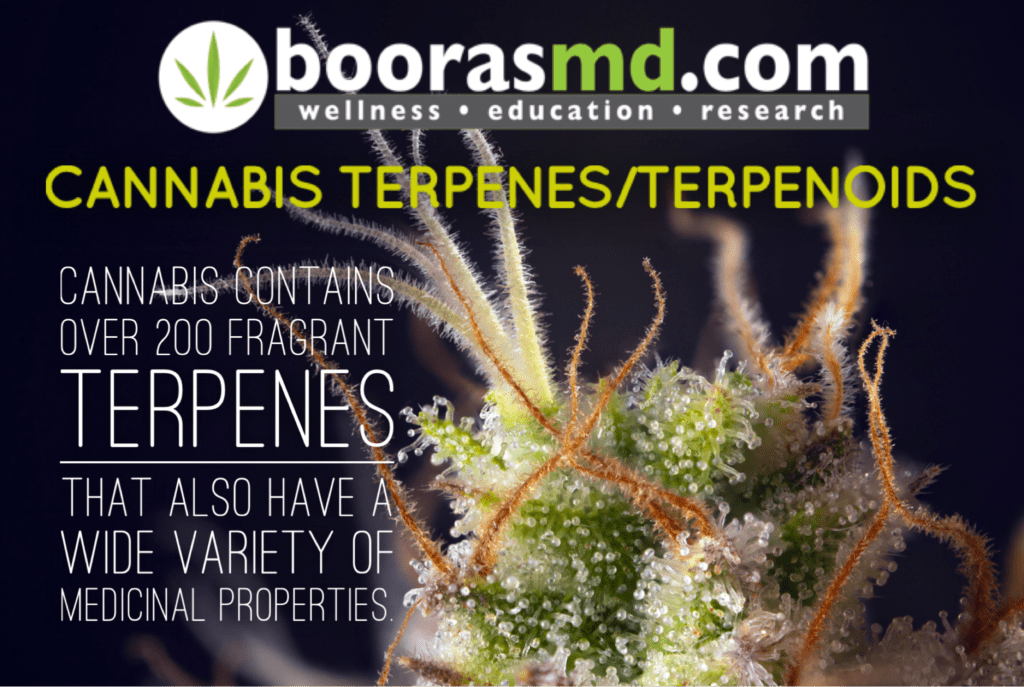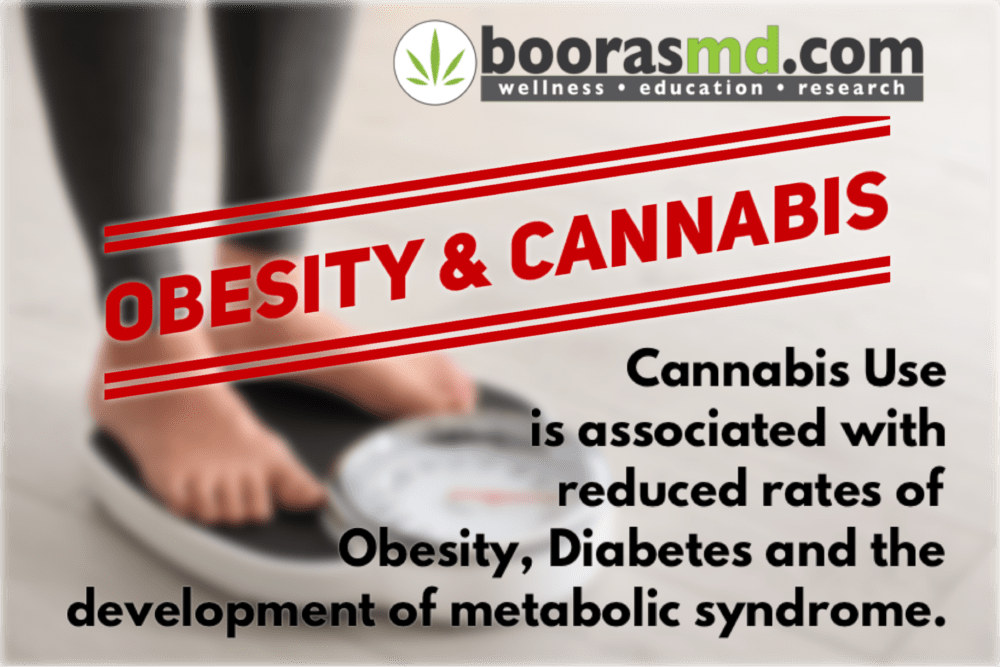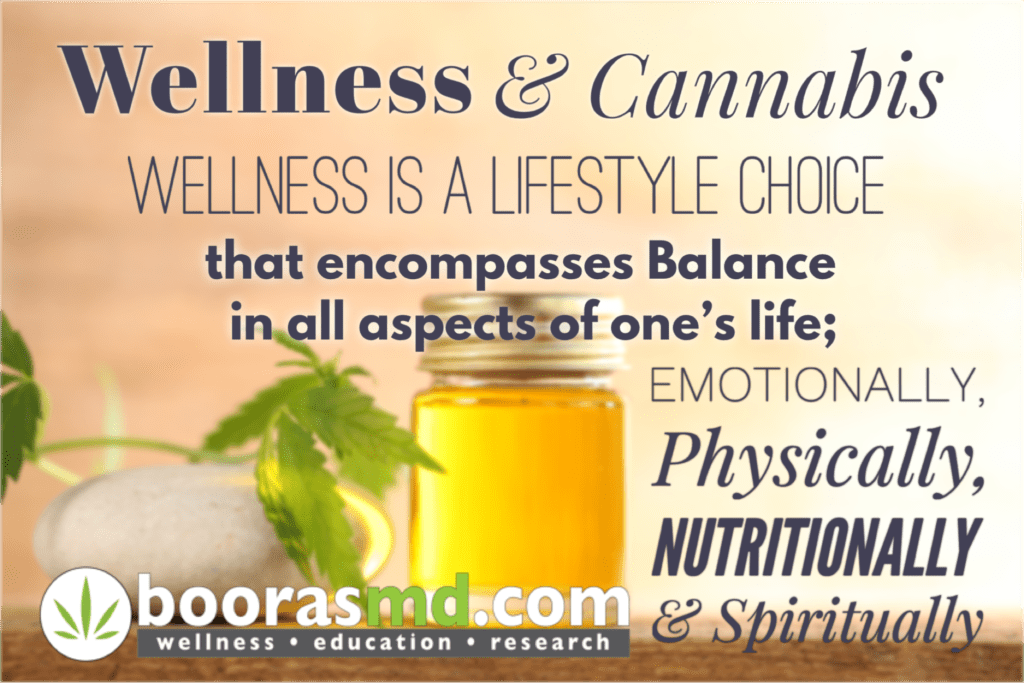Health Benefits of Cannabidiol (CBD)
Health Benefits of Cannabidiol (CBD)
Summary: Cannabidiol (CBD) is a non-intoxicating cannabinoid found in the cannabis plant. It has a wide variety of benefits. The scientific literature has identified over 65 molecular targets of CBD activity.
What follows is a little about the science of how CBD can help us. However, it is worth knowing that over-the-counter (OTC) CBD is not federally regulated or tested. Experts feel that OTC CBD does not have the same benefit as CBD purchased from a dispensary. https://boorasmd.com/education/industrial-hemp-cbd-vs-medical-grade-cannabis-cbd/
Health Benefits of CBD:
- CBD does not bind strongly to either of the cannabinoid receptors (CB1 or CB2) but it does activate serotonin receptors causing a reduction in hunger, anxiety, pain, nausea and vomiting while also improving sleep. This action also improves Depression, which the World Health Organization (WHO) considers to be a significant cause of disability.
- CBD blocks activity of the G protein-coupled receptor, GPR55, thus reducing blood pressure, bone loss and cancer cell proliferation!
- Anxiety. Anxiety disorders are ranked as the sixth most common contributor to disability, according to the WHO. Activating serotonin receptors in the brain reduces anxiety.
- CBD activates PPAR receptors, reducing cancer cell proliferation (particularly lung cancer). This activation also degrades amyloid plaque buildup in the brain of people with Alzheimer’s. Additionally, this activation improves energy homeostasis, lipid uptake, insulin sensitivity and other important metabolic functions. CBD is particularly beneficial for people with diabetes.
- Cancer treatment side effects. CBD has been shown to help with treatment side effects including nausea and vomiting. A one to one combination of CBD with THC was found to work better than standard treatment alone. https://www.ncbi.nlm.nih.gov/pmc/articles/PMC2997305/
- CBD has been shown to improve Endocannabinoid System tone by reducing the breakdown of our bodies natural endocannabinoids in the brain. This is how CBD provides neuroprotective benefits and reduces seizure activity. This action reduces pain and inflammation.
- By inhibiting uptake of the neurotransmitter adenosine, CBD provides anti-anxiety and anti-inflammatory benefits in addition to improving cardiac oxygen consumption and blood flow.
- Neuroprotective properties. There is scientific evidence that CBD can help with many neurodegenerative disorders including; ALS, Alzheimer’s, Epilepsy and Parkinson’s disease.
- Lowers Blood Pressure. Hypertension is linked to higher rates of stroke and heart attack. As another benefit, several studies have shown that CBD is a powerful antioxidant and reduces inflammation and cell death that is associated with heart disease. It also improves cardiac blood flow and oxygen consumption. https://www.ncbi.nlm.nih.gov/pmc/articles/PMC3026637/
- Multiple metabolic benefits. Activation of PPAR system receptors leads to improved energy homeostasis (increase metabolism), weight loss, insulin sensitivity and lipid uptake. This is particularly beneficial for people with diabetes.
CBD alters the shape of the CB1 receptors in the brain thus reducing the psychoactive properties of THC. In other words, taking a higher dose of CBD relative to THC can provide therapeutic benefits without negative mood effects. https://www.projectcbd.org/science/how-cbd-works
“A significant safety concern with CBD is that it is primarily marketed and sold as a supplement, not a medication. Currently, the FDA does not regulate the safety and purity of dietary supplements. So you cannot know for sure that the product you buy has active ingredients at the dose listed on the label. In addition, the product may contain other (unknown) elements”. https://www.health.harvard.edu/blog/cannabidiol-cbd-what-we-know-and-what-we-dont-2018082414476
A 2017 study published in the Journal of the American Medical Association (JAMA) demonstrated that 69% of the 84 CBD products purchased online and tested did not contain the amount of CBD labeled on the products and that some of them contained no detectable CBD at all. https://jamanetwork.com/journals/jama/fuallarticle/2661569
According to a report from the World Health Organization (WHO),” in humans, CBD exhibits no effects indicative of any abuse or dependence potential… to date, there is no evidence of public health related problems associated with the use of pure CBD”. https://www.who.int/medicines/access/controlled-substances/5.2_CBD.pdf
Please check out the companion article at https://boorasmd.com/education/industrial-hemp-cbd-vs-medical-grade-cannabis-cbd/
Written by Charlie Booras, MD on 10/6/20
Updated on 11/15/2021








